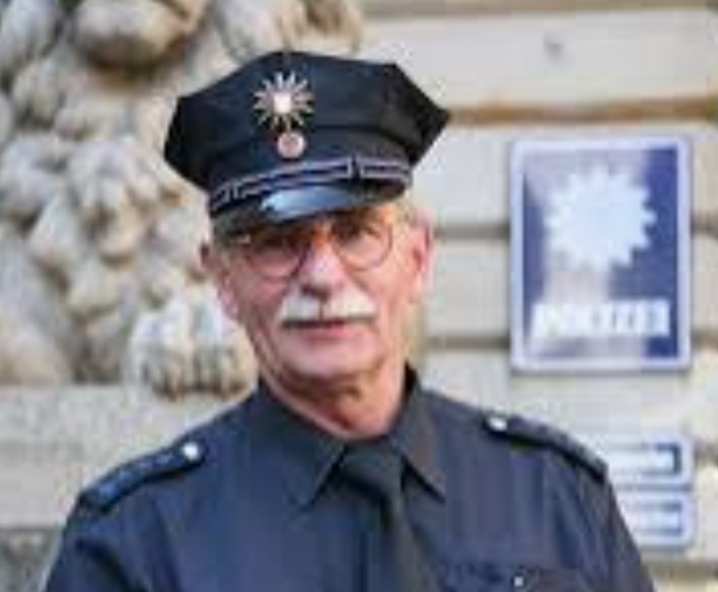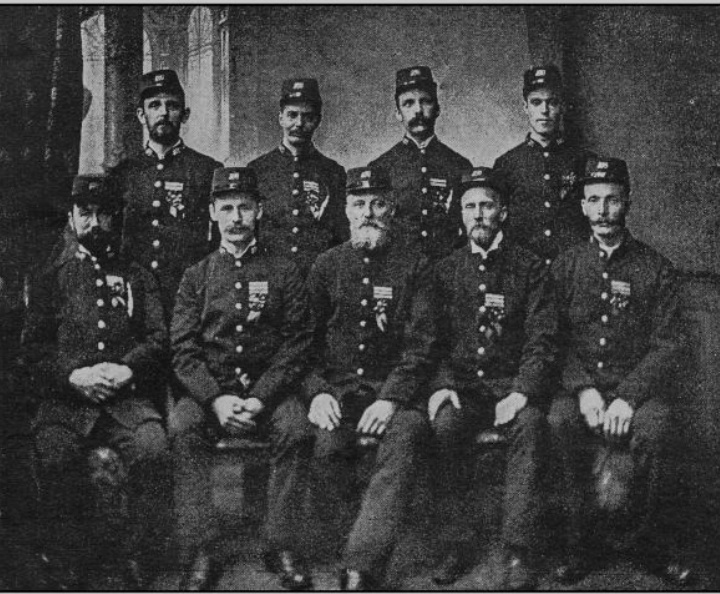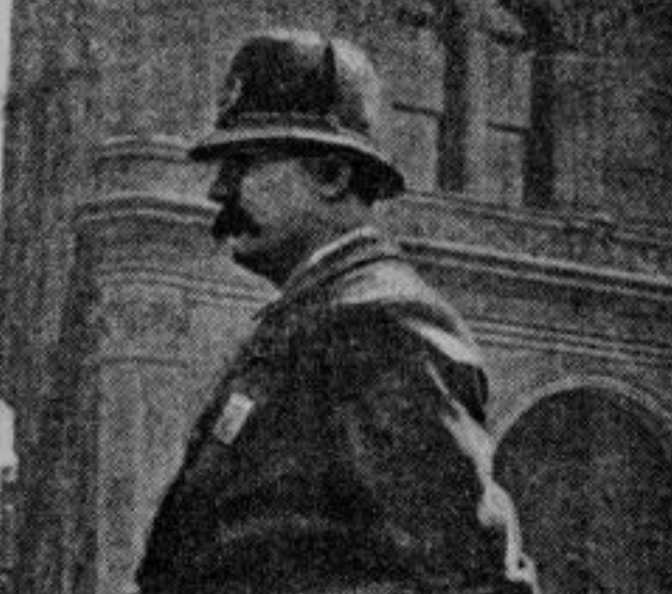In 1791, the first permanent police force was established by Charles Cornwallis, the Commander-in-Chief of British India and Governor of the Presidency of Fort William.

A single police force was established after the formation of the British Raj with the Government of India Act 1858.
Any society needs peace of mind and conducive circumstances to progress. Disturbed and anarchic societies exhaust all their potential in unworthy things. On the other hand, if they have a sense of safety, security and order they can develop and prosper. This is where the role of police becomes important in society. At all times, in some form or the other, this system existed with varied responsibilities and duties.
The term police have been derived from the Latin word ‘politia’ which means the condition of a State. The term means, a system of regulation for the preservation of order and regulation of law. It broadly refers to the purposeful maintenance of public order and protection of persons and property from the commission of unlawful acts towards them. It also refers to the civil functionaries charged with the duty of maintaining public order safety and enforcing the law including the prevention and detection of crime. This task becomes all the more arduous in a multicultural, multi-ethnic, and vast country like India with a big population.”
Policing is the science of maintaining peace and order in an ever-changing society. Therefore, policing philosophy, policing methods, and attitudes of those responsible for policing cannot remain the same. Thus, it becomes important to see how it has evolved through the various phases of history and how it has acquired its present form. But before that, a look at the reasons and situations that have led to the police system of the present time, its structure and functions would be more relevant”

This article deals with the subject of Policing in India by analysing the background of the police services in India through the ancient, medieval and contemporary periods. It also takes into account the policing structure present in India and the influence of past police systems on the same.
Policing is the science of maintaining peace and order in an ever-changing society. Therefore, policing philosophy, policing methods, and attitudes of those responsible for policing cannot remain the same. Thus, it becomes important to see how it has evolved through the various phases of history and how it has acquired its present form. But before that, a look at the reasons and situations that have led to the police system of the present time, its structure and functions would be more relevant.
Background to the police services in India
History of Indian police on modern lines dates back to the dawn of the 19th century. The idea of a separate regular police force as it exists today was never in consideration before the British period and for a considerable time even after the commencement of the rule. It was only in 1774 that Warren Hastings introduced for the first time under the Company’s rule several measures for police reforms, which later culminated in the Police Act of 1861. Sir Charles Napier was made in-charge of the administration of the newly annexed territory of Sind (now in Pakistan). To tackle this crime-ridden and difficult area he reorganized the native police system so that it could function properly and produce desired results.
This system was based on two principles:
the police must be completely separated from the military;
they must act as an independent body,
assisting the Collectors in the discharge of law and order responsibilities.
The system provided for an Inspector General of Police who was responsible for the law and order of the entire province. Provinces were divided into districts that were controlled by Superintendents of Police who headed the police administration under the control of the Magistrates. The main principles were not altered even by the Police Commission of 1860, which is responsible for the current police system in India. Recommendations of the Police.


